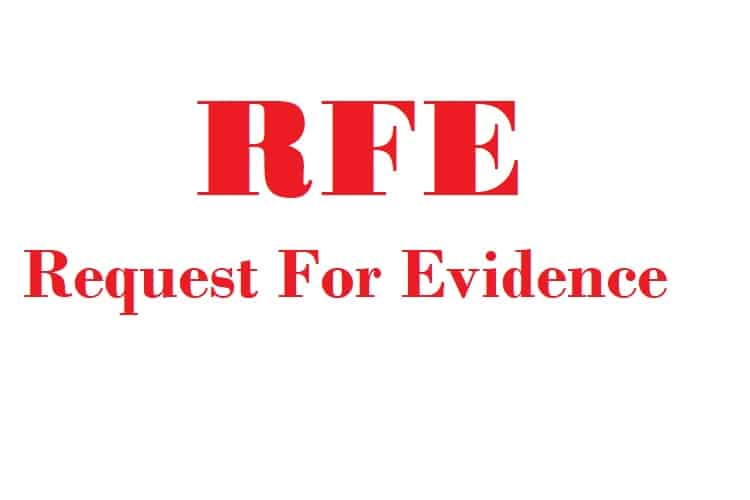Introduction
In today's competitive task market, the transition from class discovering to real-world application is more vital than ever. Trainees and professionals alike are seeking ways to translate their work experiences into scholastic credits. This article checks out the intricate procedure of examining work experience for education credit, underlining its significance in personal and professional advancement.

As we look into this topic, we will discuss different elements of academic credential evaluation, international credential assessment services, course-by-course credential assessment, and how they associate with work experience evaluation. In addition, we'll explore professional opinion letters and company strategy assessments as part of this multifaceted journey.
From Class to Profession: Evaluating Work Experience for Education Credit
The bridge in between classroom education and career success often involves acknowledging the worth of practical experience. Lots of students accumulate considerable work experience during internships or part-time jobs that might not be formally recognized by educational institutions. However how can one guarantee that these experiences count towards their academic credentials?
Why Evaluate Work Experience?
Evaluating work experience is important for several reasons:
Recognition of Skills: It validates the skills obtained through hands-on experiences. Enhanced Employability: Employers progressively look for candidates with useful knowledge together with official education. Personal Growth: Recommendation of past experiences enhances confidence and encourages long-lasting learning.Types of Credential Evaluation
Understanding the various types of credential assessments available can assist individuals navigate this procedure effectively.
Academic Credential Evaluation
Academic credential examination evaluates foreign instructional credentials versus developed requirements in another nation. This procedure is vital for worldwide students or employees aiming to show their instructional background.
International Credential Assessment Services
These services concentrate on evaluating foreign qualifications and determining their equivalency in the host nation's instructional system. They provide reports that outline the level and type of education received abroad.
Course-by-Course Credential Evaluation
This comprehensive analysis breaks down each course taken during a degree program, offering insights into grades made and credit hours completed. It's especially useful for trainees wanting to transfer credits between institutions.
Work Experience Evaluation
Work experience examination works as an approach to formally evaluate non-academic skills gained through work or volunteer activities. Here's how it works:

The Role of Professional Viewpoint Letters
An expert viewpoint letter can bolster your case when looking for credit for work experience. These letters normally come from market experts who can vouch for your skills and contributions in a specific field.

What Must an Expert Viewpoint Letter Include?
- A summary of your function in the organization Specific skills you developed How your experiences relate to academic outcomes
Having an expert endorse your abilities not only provides reliability but likewise enhances your overall portfolio when requesting advanced studies or positions.
Business Strategy Assessment as a Knowing Tool
Creating a business strategy can be an excellent way to display your understanding of theoretical concepts applied in real-world situations. A thorough assessment of an organization strategy may highlight competencies such as strategic thinking, financial planning, and market analysis.
FAQs
1. What types of work experiences receive academic credit?
Typically, work experiences that directly connect to your field of study or show transferable abilities are qualified for scholastic credit.
2. How do I discover international credential evaluation services?
You can browse online directory sites or talk to universities that typically have collaborations with credible credential evaluators.
3. Exists a fee associated with obtaining a skilled viewpoint letter?
Yes, numerous experts charge for their time spent composing these letters; nevertheless, some may provide them pro bono depending on the situation.
4. Can I receive credit for unsettled internships?
Absolutely! Unpaid internships often supply vital experience and can be assessed likewise to paid positions.
5. The length of time does the credential assessment process take?
The timeline differs based on the service used but normally ranges from a couple of weeks to numerous months.
6. Are there particular files required for course-by-course evaluations?
Yes, you will require transcripts from all post-secondary organizations went to, along with comprehensive course descriptions when possible.
Conclusion
Transitioning from class understanding to career preparedness needs acknowledging the significance of useful work experiences in education credit evaluations. As we have explored in "From Classroom to Profession: Evaluating Work Experience for Education Credit," both trainees and professionals stand to gain considerably by leveraging their real-world experiences towards their academic goals.
By utilizing numerous types of evaluations-- be it through academic credential examinations or skilled opinion letters-- individuals can boost their https://rafaelulrk420.trexgame.net/equating-work-experience-into-worldwide-credentials-an-evaluation-guide credentials while promoting lifelong learning concepts that adhere closely to today's vibrant workforce demands.
In summary, welcoming both theoretical understanding from class in addition to experiential knowing gained through expert engagements develops well-rounded prospects all set to tackle the challenges ahead in their careers.